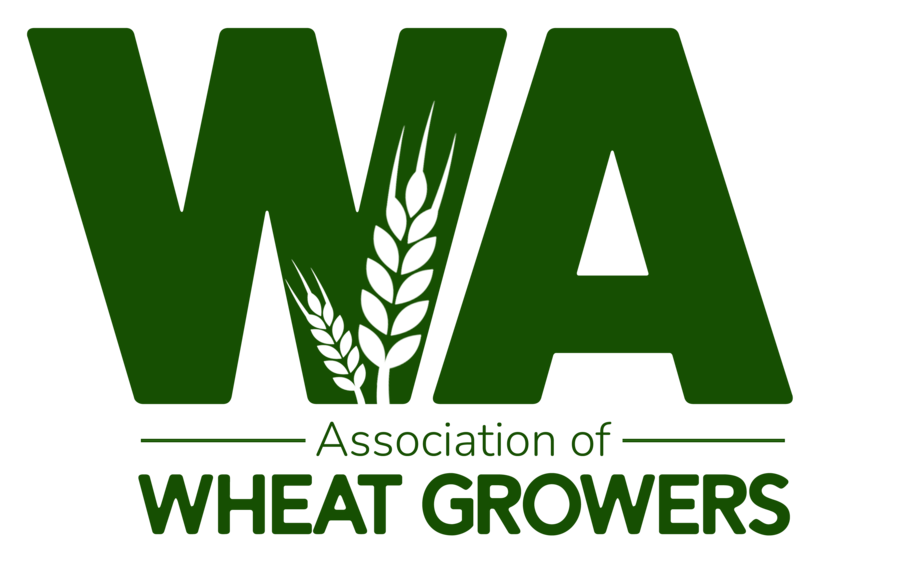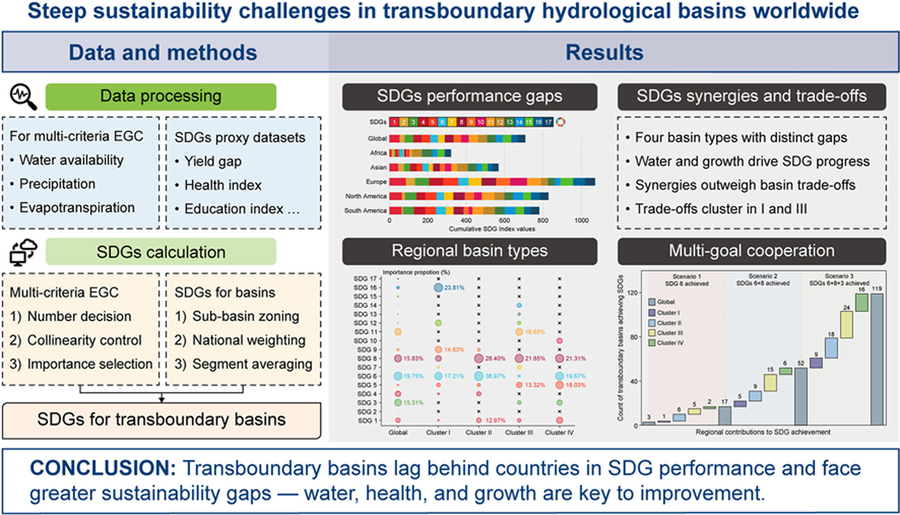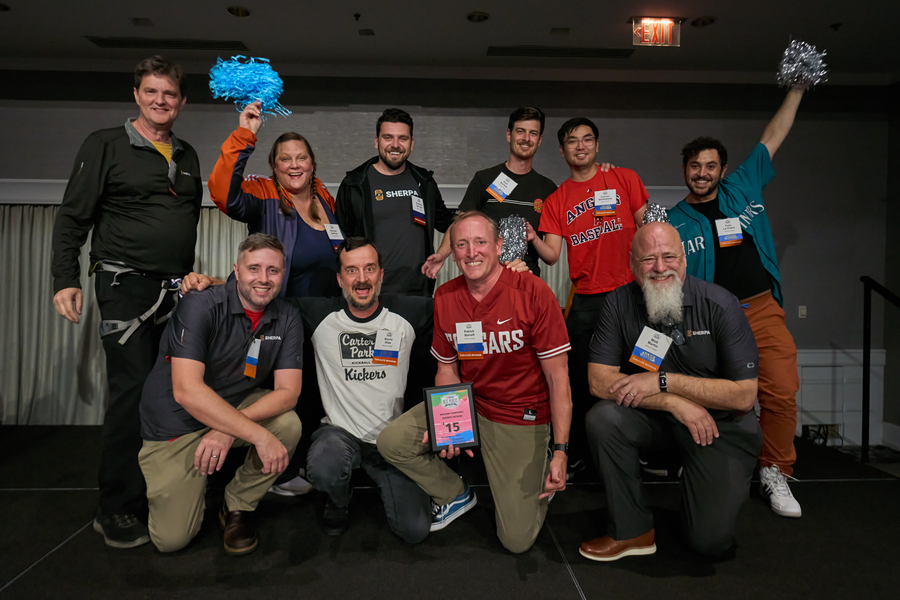Concerned stakeholders left out of dam breaching discussions with Administration.
RITZVILLE, WA, December 05, 2023 /24-7PressRelease/ — Pacific Northwest (PNW) agriculture groups and stakeholders, including the Washington Association of Wheat Growers, Pacific Northwest Waterways Association, The McGregor Company, Washington State Potato Commission, and Washington Farm Bureau strongly oppose the proposed “U.S. Government Commitments in Support of the Columbia Basin Restoration Initiative and in Partnership with the Six Sovereigns” made public in a letter from PNW members of Congress to President Biden.
While the draft agreement cannot authorize the breaching of dams, the U.S. government commitments within the document would put dam breaching advocates in a new position of power with regard to the future of the river system. This is extremely concerning for agricultural groups and other stakeholders who rely not only on the clean transportation and irrigation provided by the dams, but also the low-cost, renewable energy that contributes to food security and the regional economy. Furthermore, the draft agreement calls for a comprehensive strategy to restore salmon and steelhead populations that largely ignores the stated goals of the mediation that include “…meeting the many resilience needs of stakeholders across the region.” Notably, users of the system, including PNW agriculture interests, have been left out of every meaningful discussion. Instead, the U.S. government has chosen to negotiate a settlement in secret and leave farmers behind. In fact, the word “navigation” is not even mentioned in the draft and “irrigation” is mentioned only once.
The following statements reflect the perspectives of impacted stakeholders:
“The commitments documents made public by Pacific Northwest Congressional Members is incredibly concerning for Washington wheat growers. As a result of the secrecy of this process, agriculture voices were largely excluded from discussion of impacts and any commitments for funding and mitigation,” said Michelle Hennings, Executive Director of the Washington Association of Wheat Growers. “Ultimately, the decision to breach the dams will take an act of Congress; therefore, we remain committed to working with our allies in Congress to ensure the integrity of the Lower Snake River dams and salmon health are not mutually exclusive, and any decisions made are based on sound science and reliable data.”
“We are deeply troubled by the package of actions and commitments document developed in secrecy between the plaintiffs and the U.S. Government. Throughout this two-year mediation process, we have effectively been shut out and had our navigation and transportation concerns largely ignored,” said Neil Maunu, Executive Director of the Pacific Northwest Waterways Association and the Inland Ports and Navigation Group. “This framework rests on the shaky grounds of the NOAA Rebuilding Report, which is both fundamentally unsound and politically motivated, blatantly disregarding the extensive scientific work of the 2020 CRSO EIS that unfolded over four years. The draft document neglects the vital issue of river navigation—a critical service offered by our current infrastructure—allocating a mere $750,000 for impact studies. This sum is incredibly insufficient when faced with potential impacts that might reach upwards of $30 billion per some estimates. The loss of river barging and cruising could wipe out the region’s local annual tax revenues by $18 million and 15% of its workforce. The prospect of removing or altering these dams poses a grave risk to the foundation of our region’s economic health and threatens the most underserved and underrepresented in our community. In solidarity with our partners in agriculture, we call for actions that preserve and protect the essential systems that support our livelihoods.”
“We, as agriculturalists, know and care about salmon, about the river and the environment and we work hard to be good stewards of the land and its waterways. Sound science and meaningful dialogue must be the cornerstones to real progress, not lawsuits, secret negotiations, and ignoring concerns of those who would be harmed. The benefits of the dams are substantial and shutting us out from consultations won’t make them disappear,” said Alex McGregor, Chairman of The McGregor Company. “As we wrote a quarter century ago in Wheat Life, before courtrooms and legal briefs stalled progress: “We have a river system that is a cornerstone to our regional economy, that produces the cleanest and cheapest energy available, that allows movement of crops and other commodities to market in the cleanest and most environmentally sound way. The ‘US Government Commitments’ speak of collaboration. In secrecy, even from those a party to the process? And without a clue to communities, businesses, and the people of the Inland Northwest? Empty words, alas. As the Capital Press puts it: “every American should be insulted by how this case has played out behind closed doors…” Let’s go back to sound science and meaningful dialogue, as we asked for so many years ago. Working together we can do better than this. We must and we shall.”
“We have not been party to the conversation and are concerned with lack of attention to food security. The loss of ag lands should have the region very concerned,” said Matt Harris, Director of Governmental Affairs of the Washington State Potato Commission.
“The leaked agreements made by the Biden Administration regarding the proposed breaching of the lower Snake River dams are concerning to the broader agricultural community as the potential impacts of the so-called commitments are vague, and one-sided,” said Rosella Mosby, President of the Washington State Farm Bureau. “It’s unfortunate that more voices were not considered as the impacts on food production and energy will likely be significant and far reaching. We urge Congress and President Biden to work with all stakeholders and exercise a more collaborative approach to reaching a comprehensive solution that would protect salmon, ensure food security, and provide reliable energy in the western United States.”
Pacific Northwest agriculture groups and stakeholders stand ready to continue work with those in Congress who understand the importance of the Lower Snake River Dams and realize that the health of salmon and integrity of the dams can and do coexist.
Click here to read the full letter sent by the Pacific Northwest members of Congress to President Biden.
Education and outreach are the heart of WAWG activity, all of which is aimed at helping Washington wheat families. Since 1954, WAWG has been dedicated to the enrichment of the Washington wheat industry as a nonprofit trade association, which depends on volunteers, membership dues and donations to carry out activities as representatives on the state and national levels. WAWG monitors state, transportation, research and natural resources policy and partners with the National Association of Wheat Growers to monitor national farm policy.
—
For the original version of this press release, please visit 24-7PressRelease.com here












